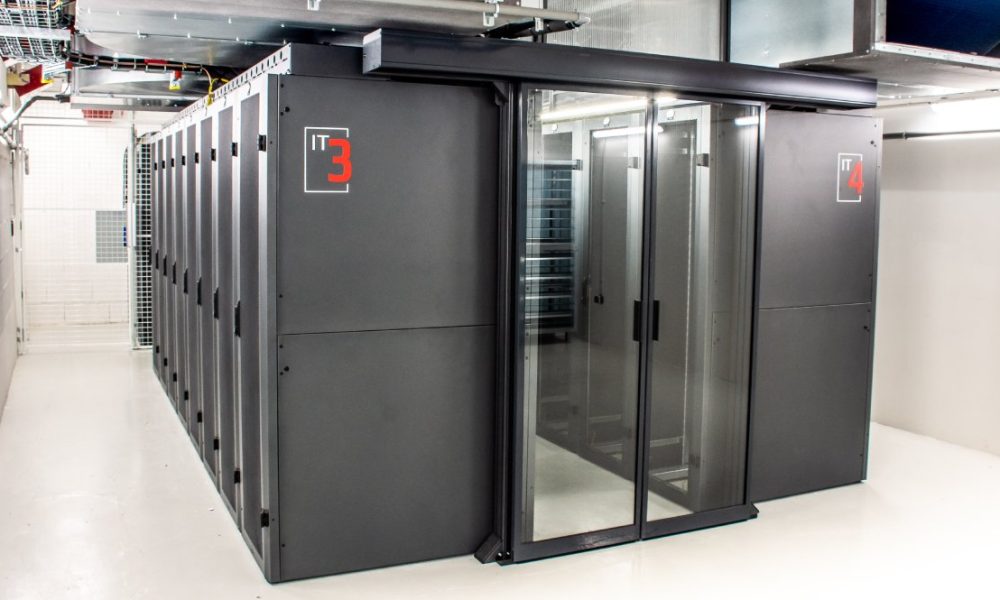How a datacenter works
Thanks to its significant storage capacity, a data center provides web hosting, data security, management (execution of calculations and cooling), and maintenance of equipment and stored data. From a technical perspective, this concentration of technologies ensures the provision of IT services in a controlled (air conditioning, dust, power, etc.) and secure (fire protection, theft and intrusion protection, etc.) environment, with undulating and backup power.
To ensure consistent quality of service, a data center operates 24/7, without any interruption. Many infrastructure-specific parameters come into play to ensure optimal operations: heat and cooling management, air quality, humidity levels, etc.
Since not all data centers are identical, both in terms of control environment and security, a number of labels and certifications validate the performance, availability, and security of each infrastructure:
- ISO27001: Information Security
- PCI-DSS: Banking Data Processing Security Standard
- HDS: Personal Health Data Hosting
- Code of Conduct for Datacenter
Managing the security of sensitive data
To provide the best financial services, a payment institution must choose a data center partner that can meet the challenges and constraints of its business, while ensuring the security, durability, and confidentiality of the data entrusted to it.
The data center therefore implements numerous security measures to protect networks from cyberattacks and data breaches (anti-DDoS, firewalls, security patches, antivirus, load balancers, reverse proxies, etc.). Data is backed up multiple times in different locations, either locally or externally. This backup guarantees rapid access to data in the event of loss or accidental deletion.
IT outsourcing needs on the rise for sensitive sectors
2020 highlighted the advantages of an outsourced, autonomous Information System (IS), capable of ensuring business continuity in all circumstances, even remotely. Since then, this trend has continued to gain ground in the strategies of many companies.
IT outsourcing (networks, software, business systems, and data management) is a major challenge for companies in sensitive sectors (finance, banking, healthcare, messaging, etc.), requiring even greater protection. In the case of a payment institution such as CentralPay, outsourcing allows for control of its entire IT and technical environments in accordance with its security and payment data storage needs, which are subject to PCI-DSS requirements.
What is Cyrès’ role?
Since its inception, CentralPay has worked closely with its sister company, Cyrès, a cloud and security specialist. From its Tier III ISO 27001 & HDS-certified data center, Cyrès is responsible for web hosting, data security, and payment fraud detection. This highly secure environment enables CentralPay to deliver a contractual SLA of 99.9% with an RPO (maximum data loss) of maximum 60 seconds and an RTO (recovery time) of maximum 15 min.
With its high-tech data center, Cyrès is ISO 27001 certified, a leading international standard. Through rules for monitoring, reviewing, maintaining, and improving information security management, this standard limits risks related to systems and information security.
In terms of telecommunications, the Cyrès data center’s Internet access is provided by multiple operators, ensuring optimal service availability. The data center also benefits from the France-IX peering point, significantly reducing latency to major international IT players.
Located in Tours, a few kilometers from the CentralPay offices, the Cyrès data center guarantees local storage of CentralPay customers’ banking and financial data. The building has a capacity of 110 computer server racks and a power density of up to 32 A per rack. With a strict visitor access control protocol (up to 6 access controls, including strong authentication), a video surveillance system covering all 700m², and a compulsory certified attendant, data security is guaranteed.
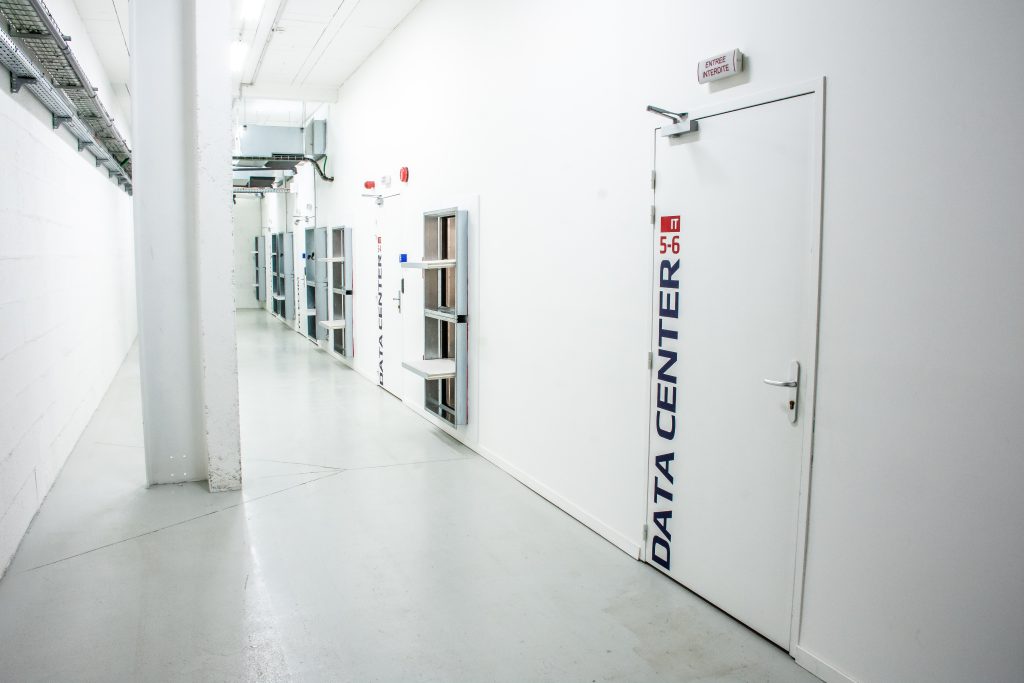
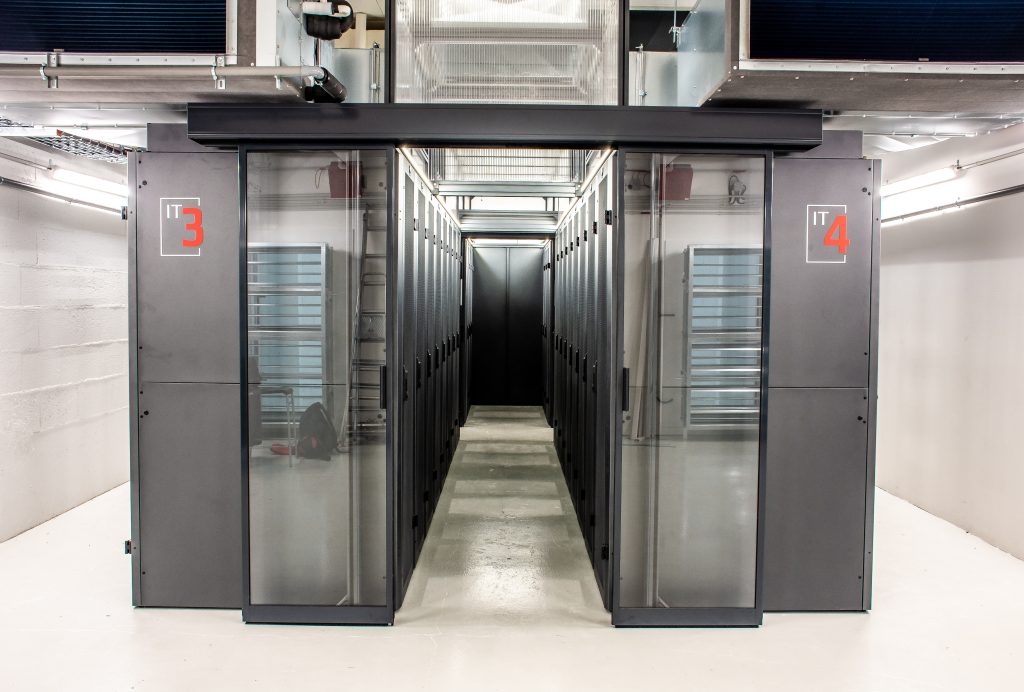
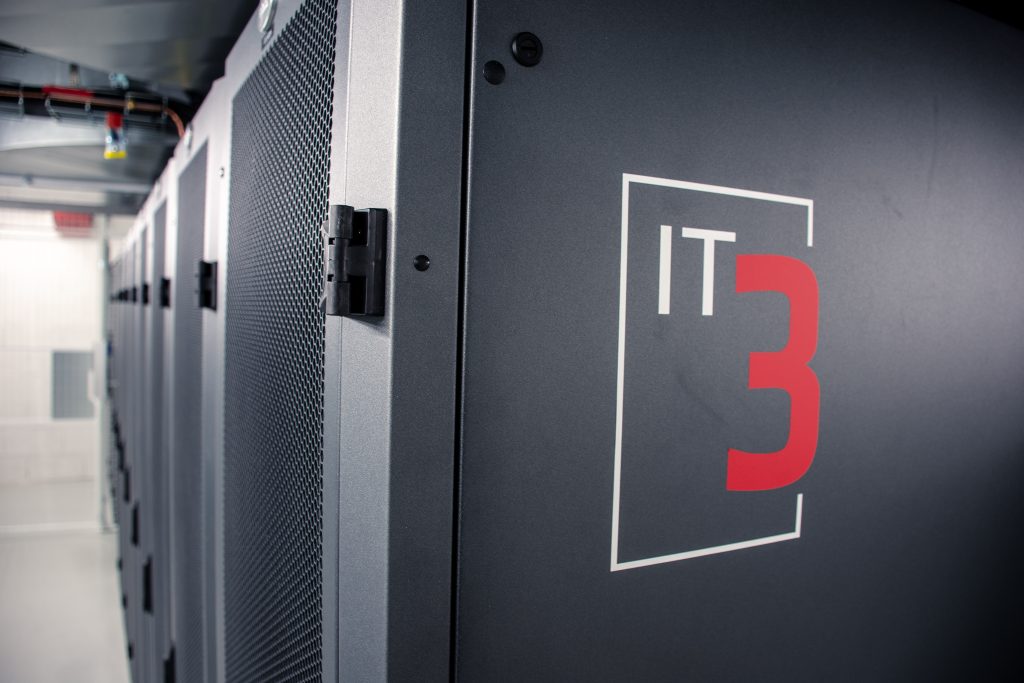
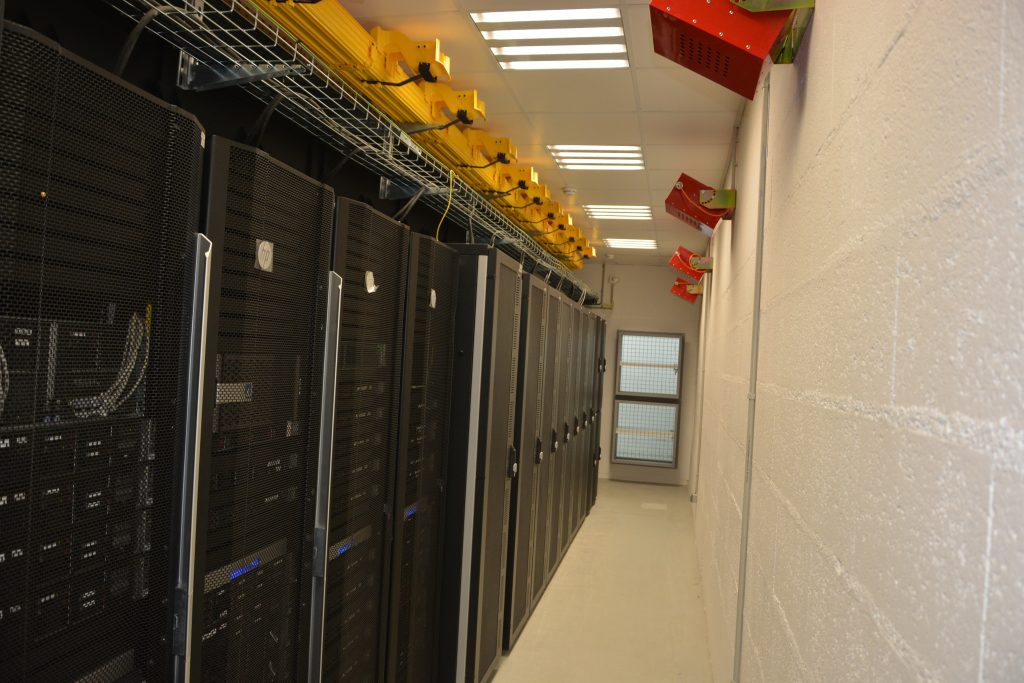
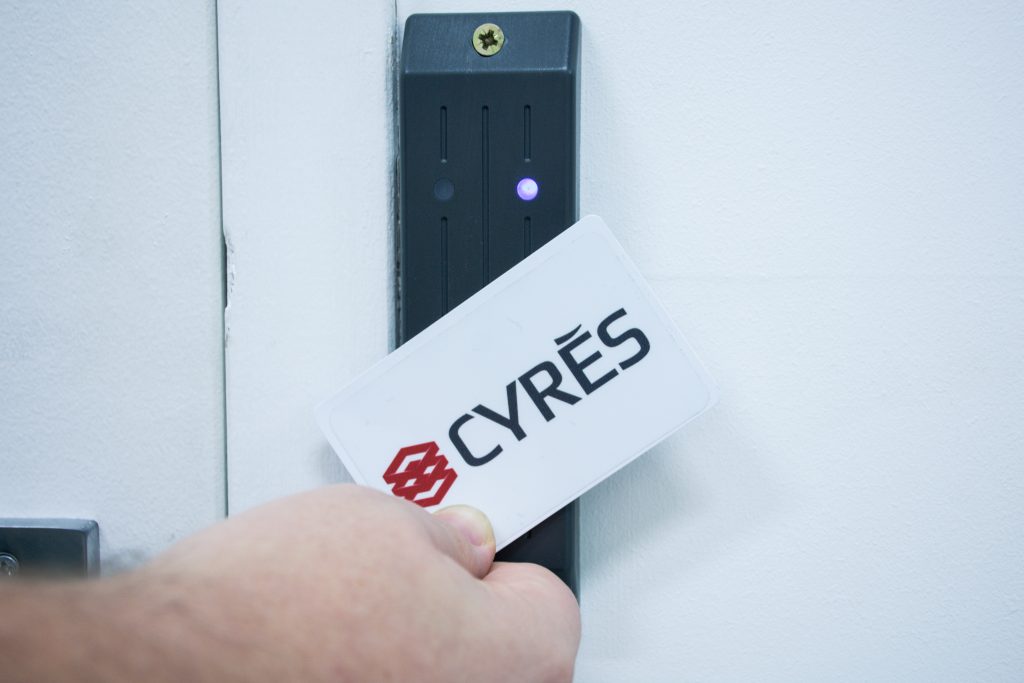





Halfway between outsourcing and insourcing, the Cyrès data center allows CentralPay to manage the bank card tokenization process, ensure the security of financial data, and ensure the smooth operation of your payment pages, even during periods of high traffic on e-commerce sites.
The payment institution CentralPay supports you in the digitalization or optimization and security of your payment processes, to help you imagine the payment journeys of tomorrow.


